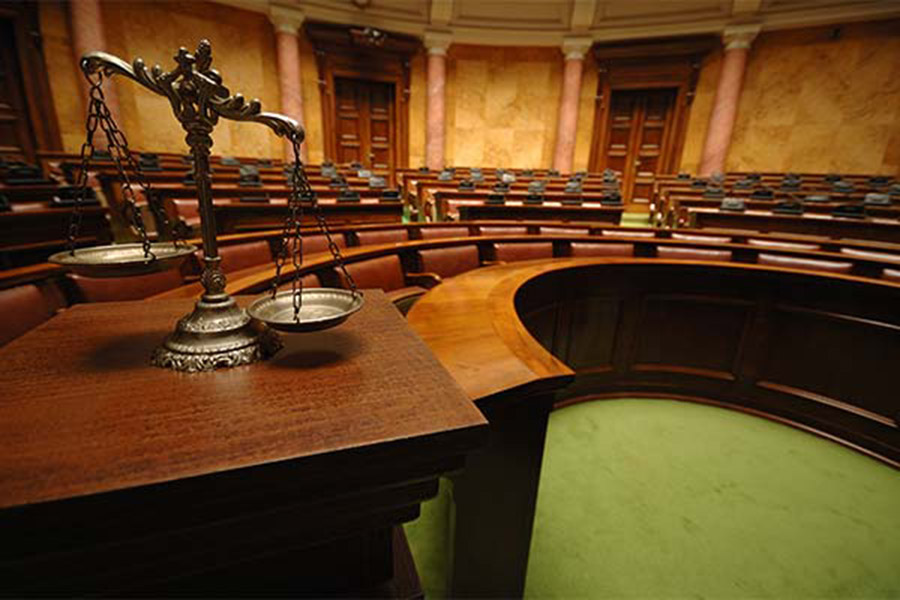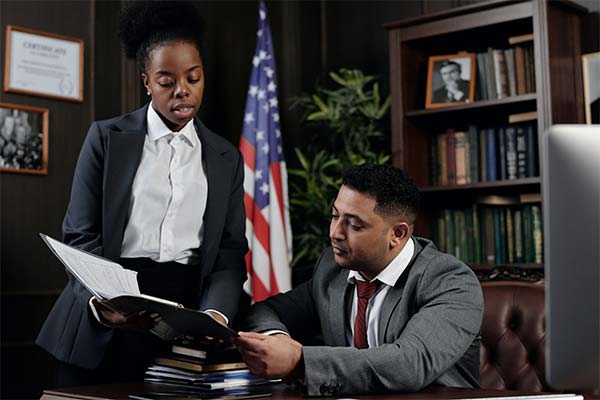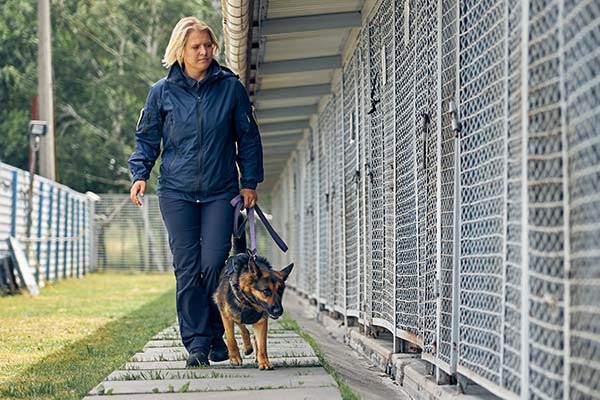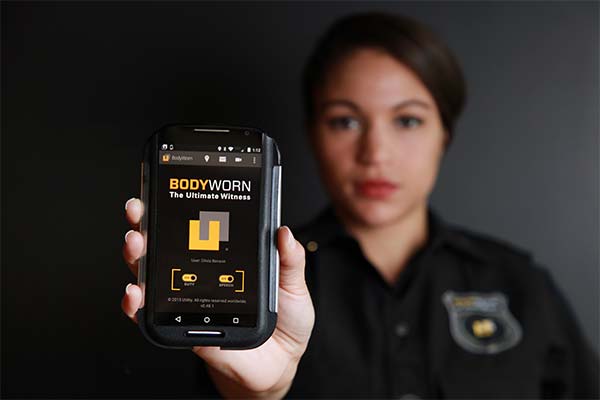Careers in Criminal Justice
Answer the Call
For Justice
From retribution to reform.
The U.S. has 5% of the world's population, but nearly 25% of its incarcerated population. Spending on jails and prisons is through the roof, and there's less trust in the system than ever before. Whether you're working in the field or just entering college, you know something needs to change. Through the criminal justice program, you'll be empowered to engage with diverse perspectives and data analysis methods to evaluate research, theory and policy. Ultimately, you'll address community issues and focus on rehabilitation and restoration to stop crime before it starts.

On the Rise
Both the mayor and chief of police strongly support this new major, which highlights demand in our region.
Ready for the Workforce
Over half of UW-Green Bay graduates in 2022 secured a job before graduation.
Different Paths
Our program opens doors to a variety of careers, from government agencies to prisons to nonprofit organizations.




Career Options
Discover where you can work with this degree.
It's more than enforcement. Careers in criminal justice include:
- Police Officer
- Pre-law
- Forensic Science Technician
- Detective
- Victim Advocate
- Private Investigator
- Probation Officer
- Parole Officer
Learning Outcomes & Objectives
- Identify, analyze, and communicate criminal justice policies and practices.
- Analyze and evaluate the ways that deviance and crime are socially constructed.
- Understand the pursuits of justice and creations of legal systems across history and cultures.
- Critically analyze and interpret quantitative and qualitative criminological data.
- Understand, explore, analyze, and employ crime concepts, theories, and processes of justice as they relate to practical applications of policy.
- Recognize and define the various categories of criminal offenses.
- Identify the demographic and social structural characteristics common among groups of criminal offenders and victims.
- Identify and understand ethical considerations in policy construction and implementation.
- Critically evaluate bias in policy and interaction involved in the criminal justice process.
- Identify how the criminal justice system is differentially experienced on the basis of race, ethnicity, gender, sexuality, ability, age and other social statuses relevant in the current system.

Meet Professor Kleps
Got questions about our criminal justice major? Professor Christopher Kleps is your go-to expert. With a deep dive into how social factors sway judicial decisions and a solid background in employment law, he's here to answer your questions. Reach out!